COS News
News
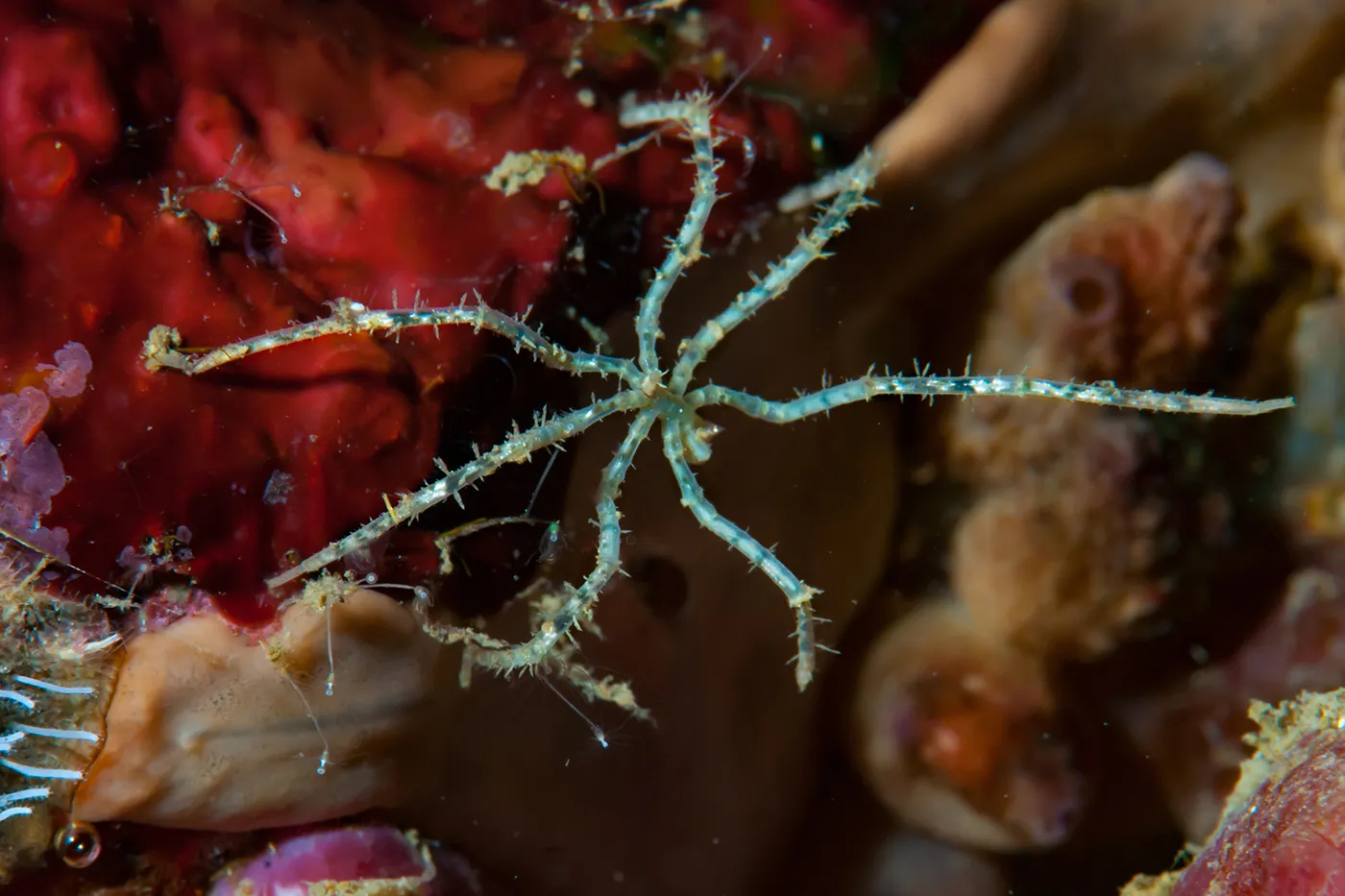
Connie Phong wants to know how an animal adapted to live in a highly specialized environment — just below the freezing point for seawater — responds to warming oceans.
How Northeastern scientists are using Antarctic sea spiders to study life on the edge
News

Fleury Augustin Nsole Biteghe has identified a way to target two of the deadliest cancer types with chemotherapy drugs but without the harms associated with chemotherapy.
Northeastern researcher uses light to target and kill cancer cells
Showing all results
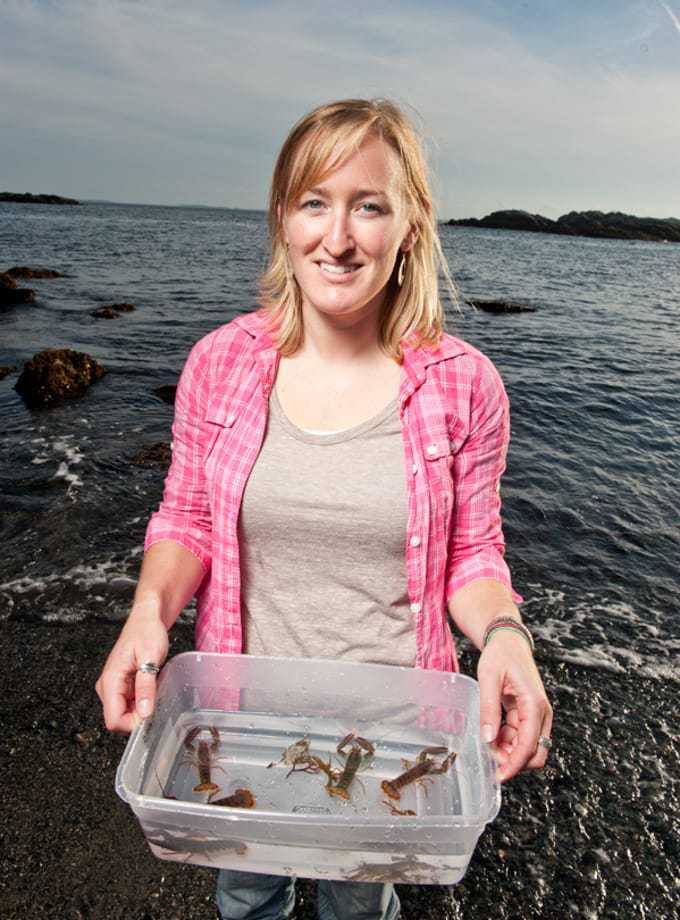
As black seabass move north, lobsters face greater predation risk
As ocean temperatures warm, some marine species are moving north which can result in novel species interactions.

A Rat Had Basically No Brain. But It Could Still See, Hear, Smell, and Feel.
Many scientists agree that, although the brain can grow and develop, specific parts are meant only for specific functions, says Northeastern professor Craig Ferris. What if there were an animal that proved them wrong? I smell a rat.

We Know Exercise Is Good for Your Skin. This Protein Mimics Those Effects in Mice.
Skin cells lose their ability to heal themselves with age. Northeastern biologist Justin Crane is testing how a new treatment to heal wounds in older mice can help researchers understand the mechanisms of healing human skin cells.

He’s on a Quest to Find the Patterns That Built ‘Everything Around Us’
Gregory Fiete, a professor of physics at Northeastern, is exploring the electrons of materials that could catalyze a new technological era based on quantum systems.

Cannabis Products Are Everywhere. But What Do They Actually Do?
Researchers at Northeastern and Loyalist College in Ontario, Canada, are teaming up to train graduate students in the analytical techniques required to investigate cannabis, and help them understand the regulatory landscape in both Canada and the U.S.
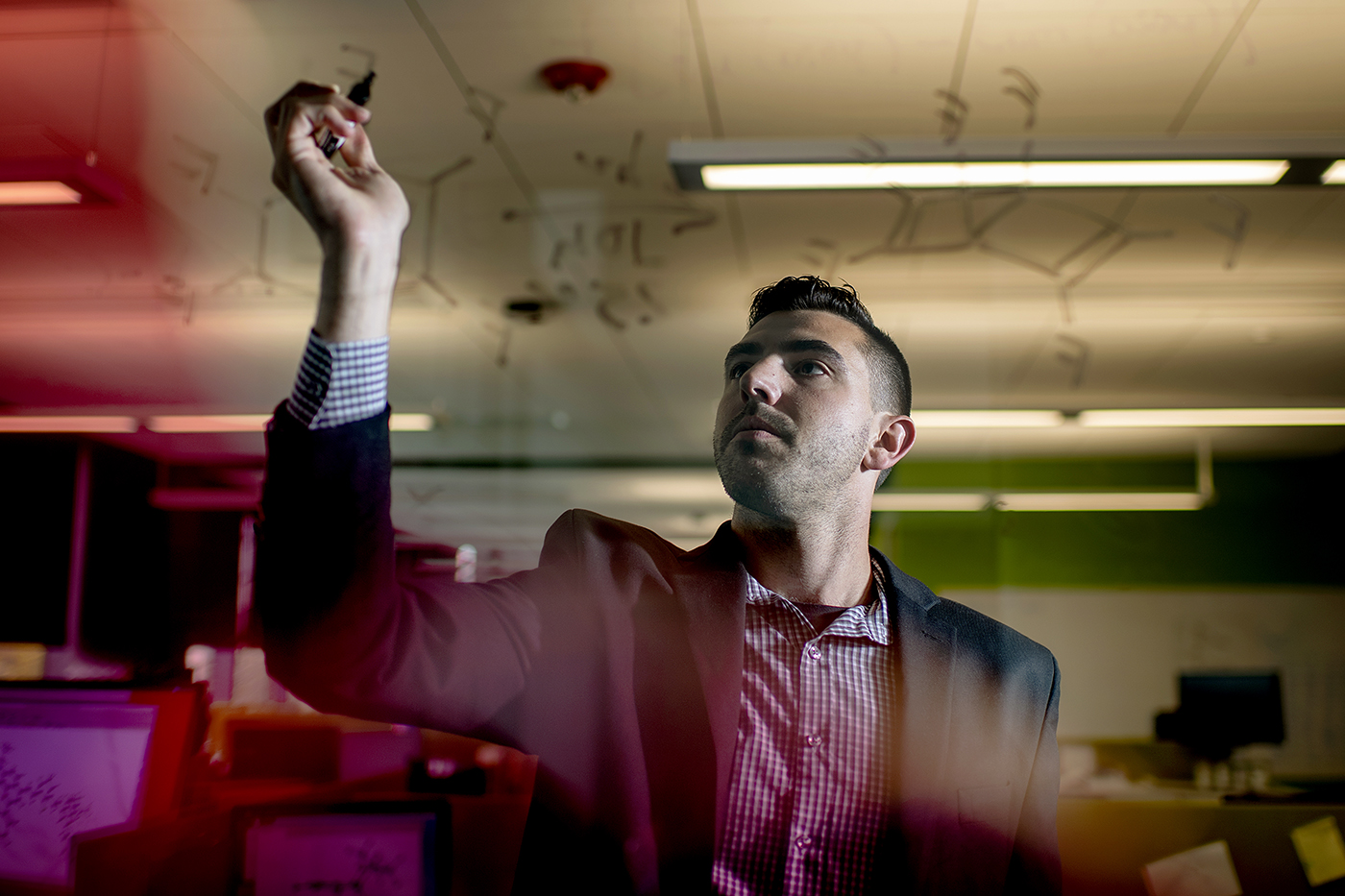
He’s Training Computers to Find New Molecules With the Machine Learning Algorithms Used by Facebook and Google
Using the same techniques that help social media learn about you, Northeastern assistant professor Steven Lopez is training machine learning algorithms to find millions of new molecules to help make materials for cancer therapy, renewable energy, and other important technologies.
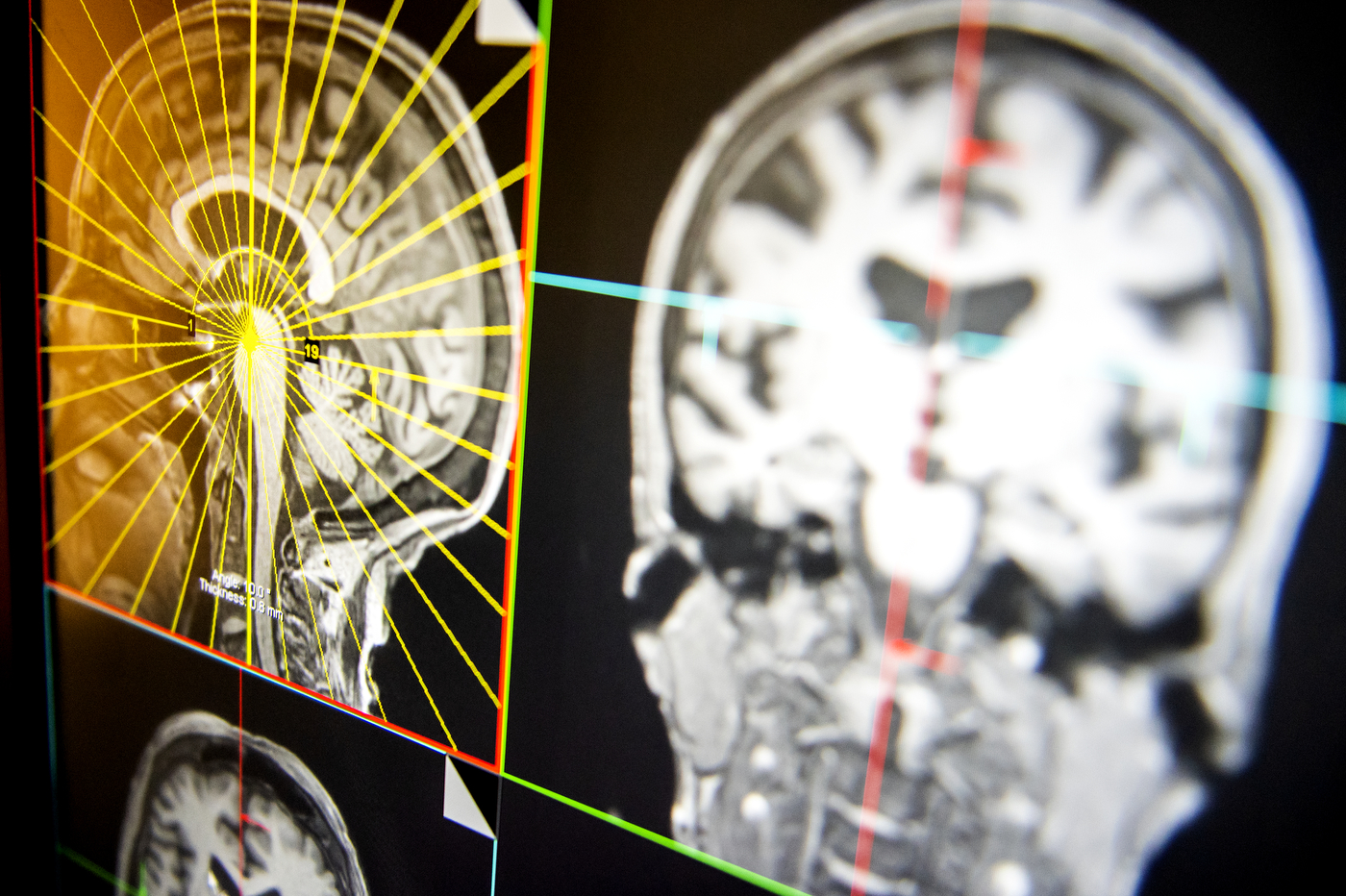
What Do the Brains of Children Tell Us about Their Mental Health as Teens?
Anxiety and depression in teens can go undetected for too long, says Northeastern psychology professor Susan Whitfield-Gabrieli. Her team is using brain imaging during childhood to spot early symptoms of mental illness.

Superconductor or Not? They’re Exploring the Identity Crisis of This Weird Quantum Material.
Northeastern researchers are probing a class of copper-based materials that can be turned into superconductors. Their findings offer tantalizing clues for a decades-old mystery, and a step forward for quantum computing.
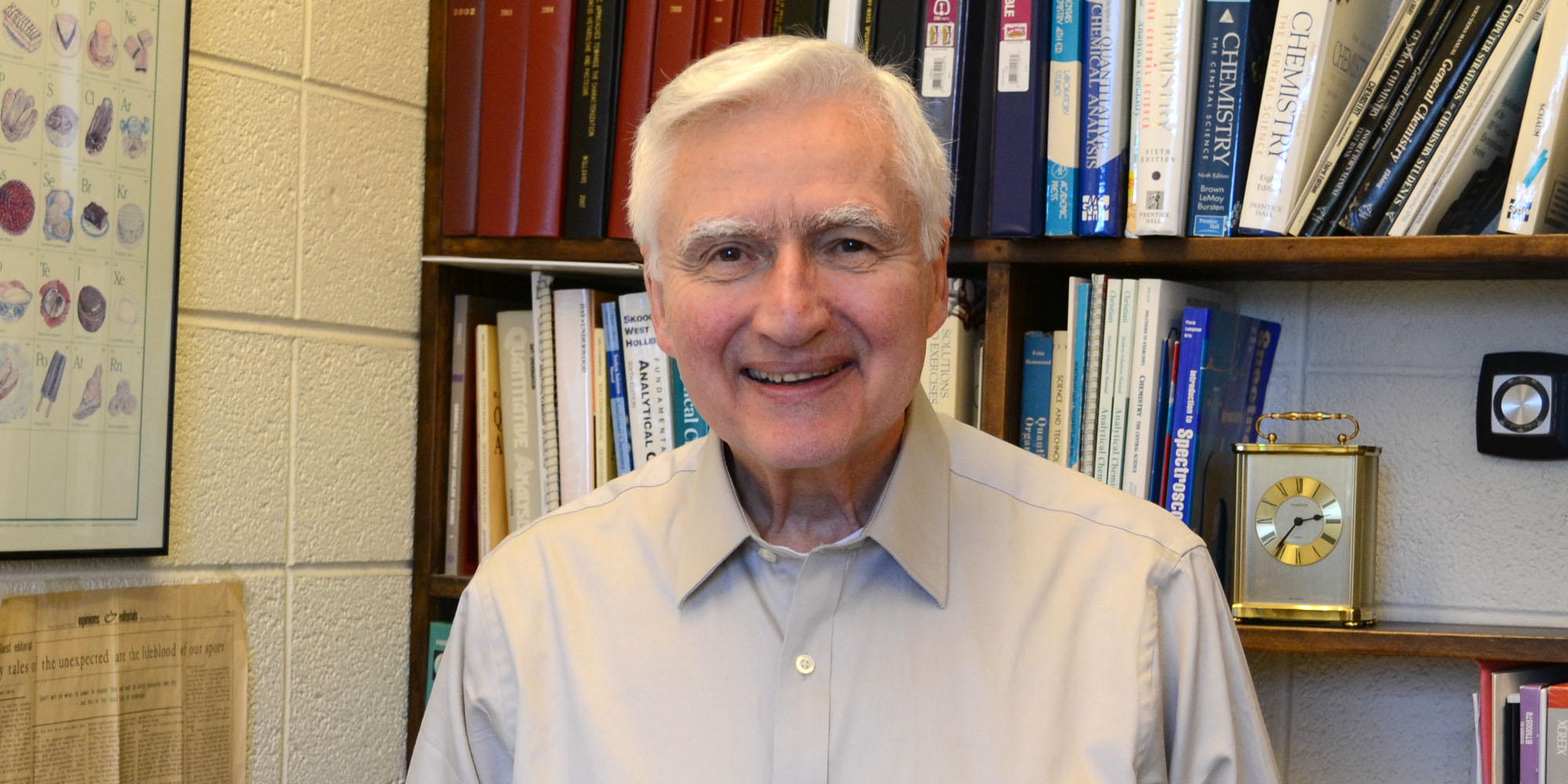
After 42 years, Chemistry professor to retire
After having taught hundreds of undergraduate, master's and PhD students for 42 years, chemistry professor Paul Vouros is retiring.
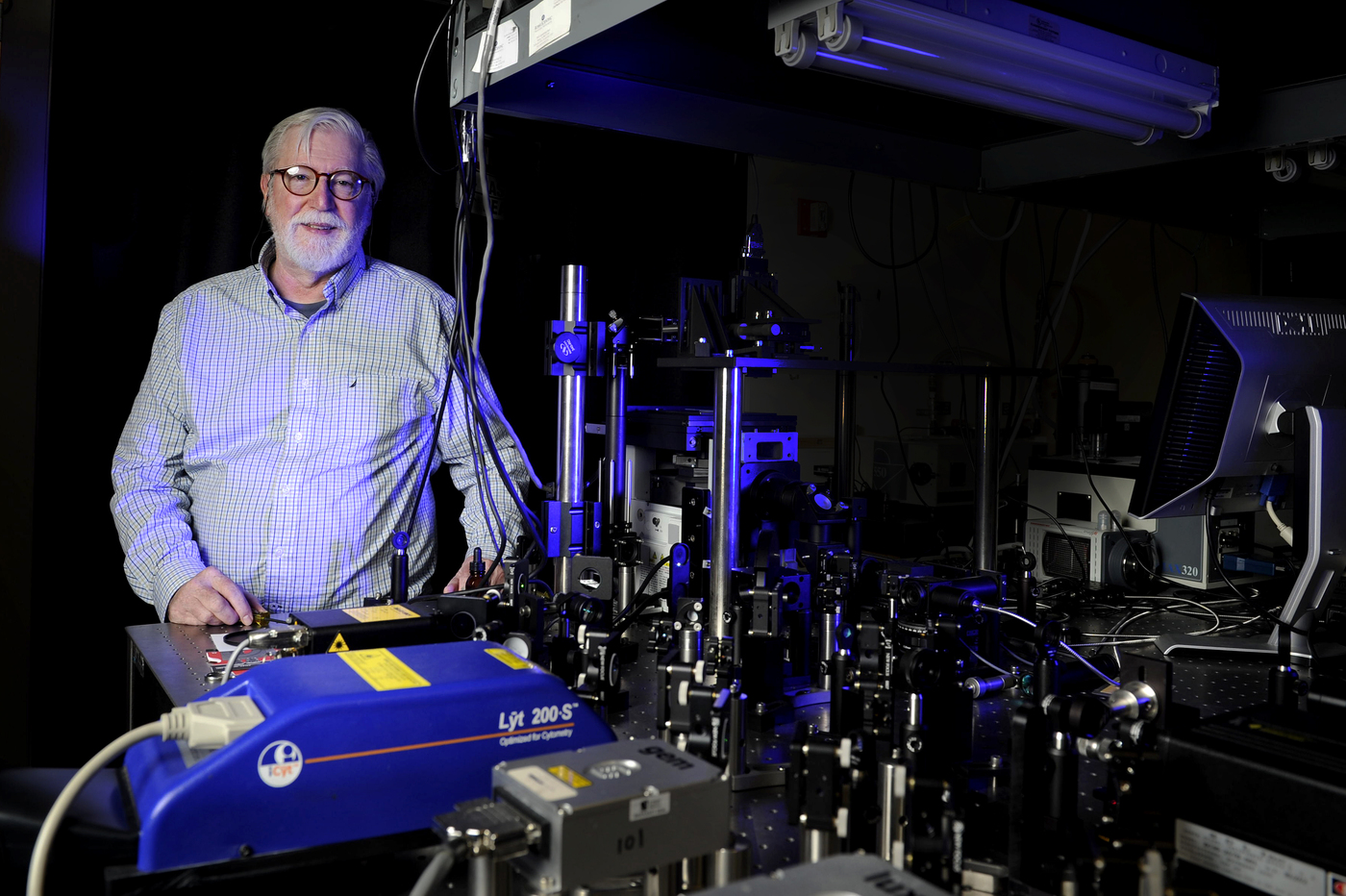
Research sheds new light on proton behavior, draws praise from science community
Instead of protons “hopping” over barriers from point A to B, new research by professor Paul Champion and his team reveals for the first time that protons actually tunnel through these barriers. This discovery upends a centuries-old belief about how protons behave.
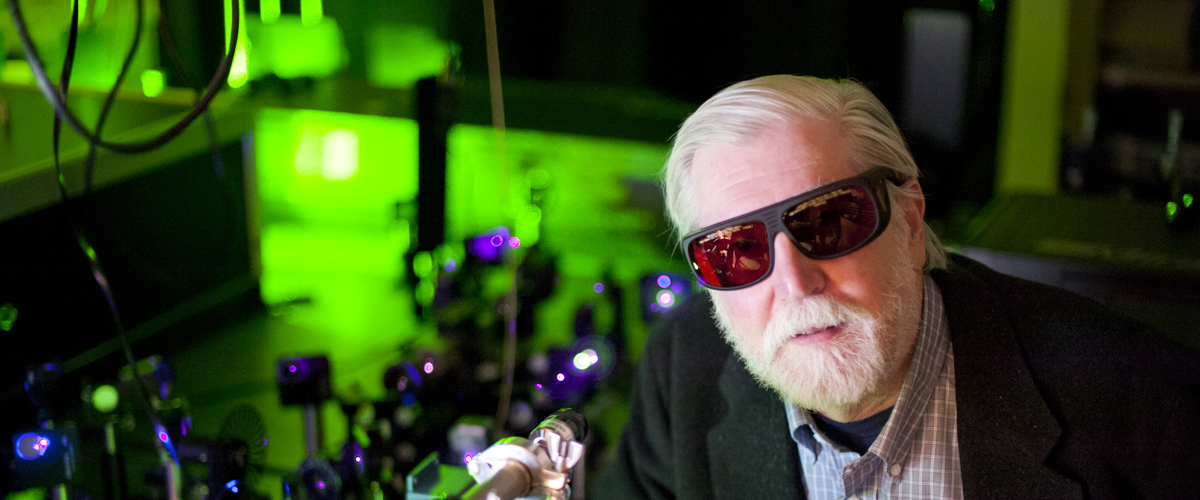
Lasers reveal the hidden lives of biomolecules
All around and inside us, an elaborate dance of molecular vibrations is constantly taking place.

Packing A ‘Super’ Punch
Northeastern hosted a lecture on Sunday on the physics of superheroes’ powers ahead of the American Physical Society’s annual meeting in Boston. Over the years, superhero stories have delighted millions of fans through movies, television shows and comic books. But these tales can also teach us a lesson in physics, according to physics professor and […]